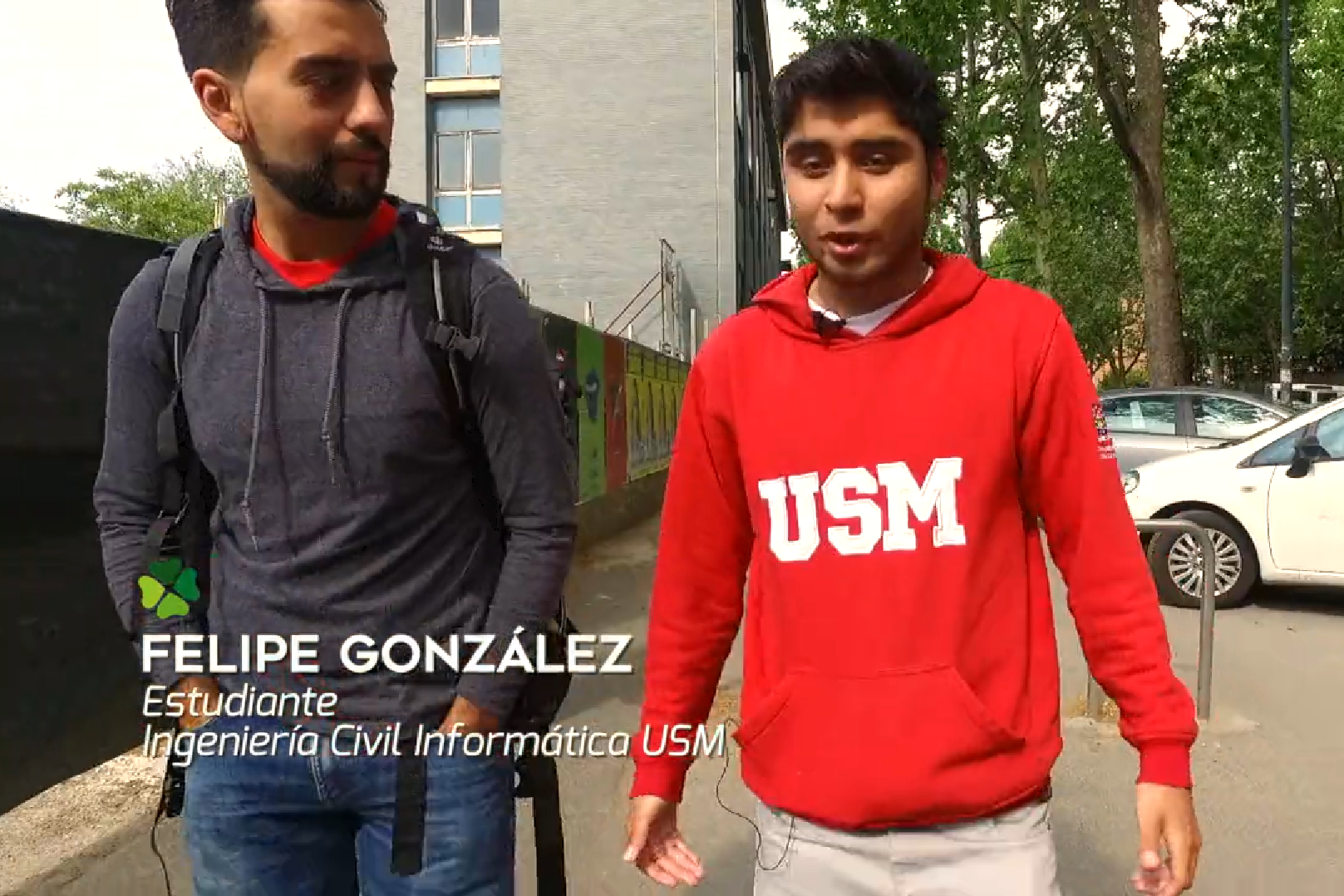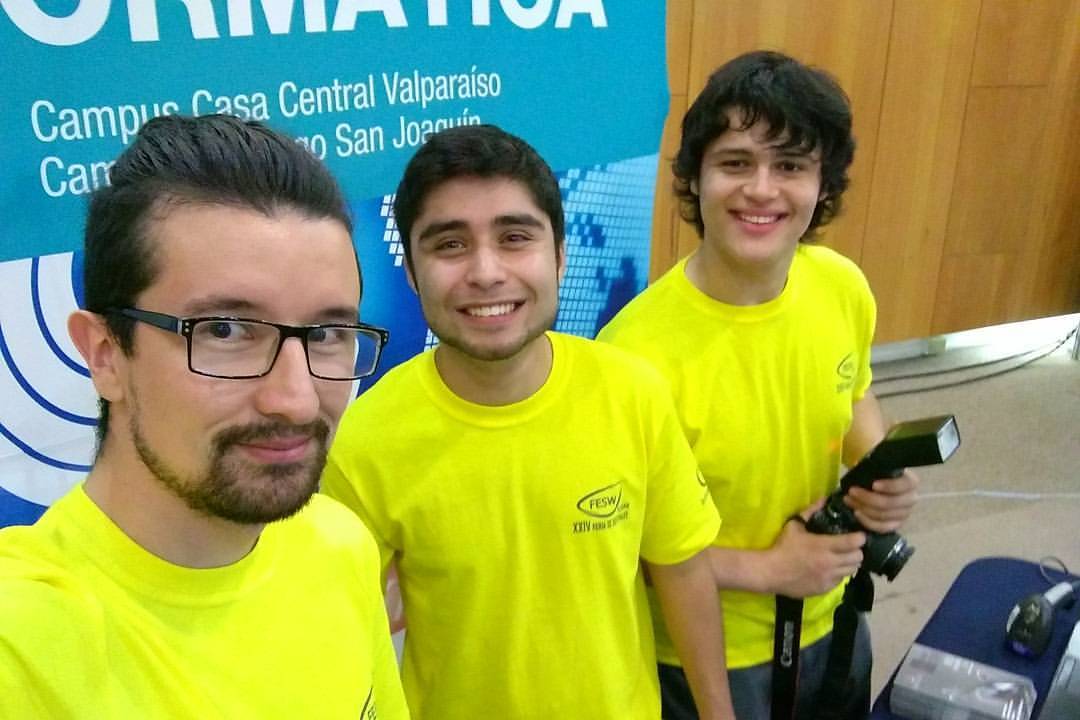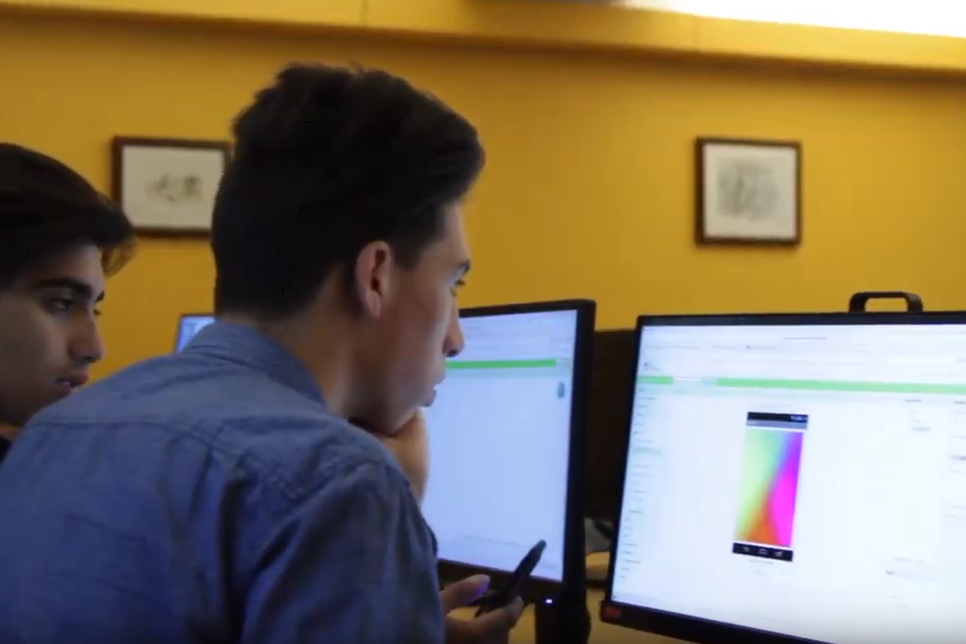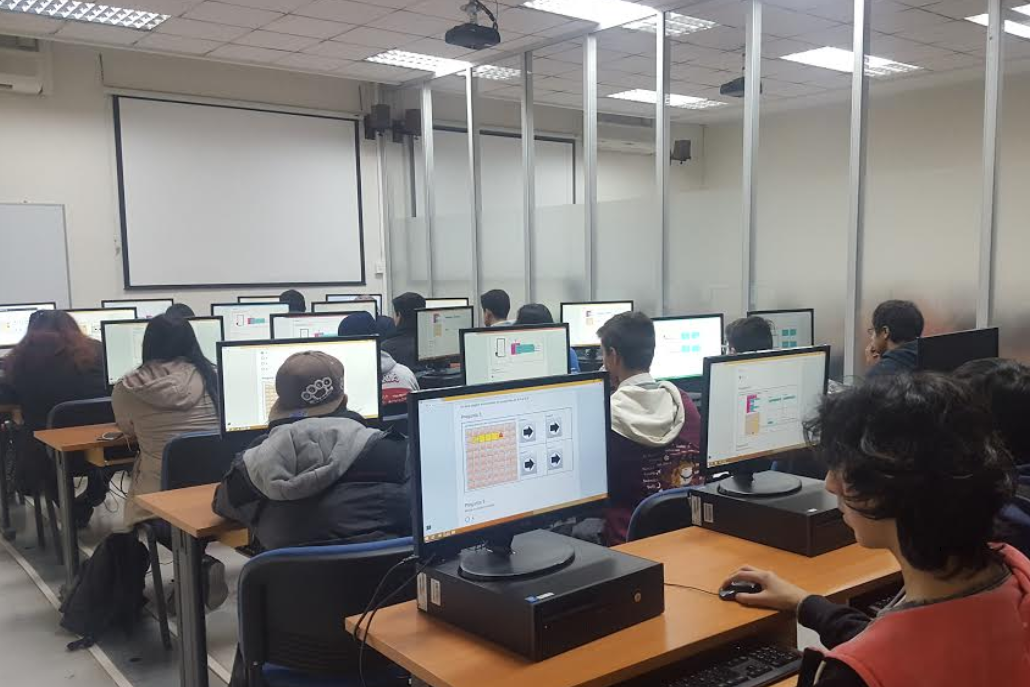During 2016-2017, I worked as a Community Manager at Feria de Software (Software fair) promoting
the event and managing paid announcements on social networks.
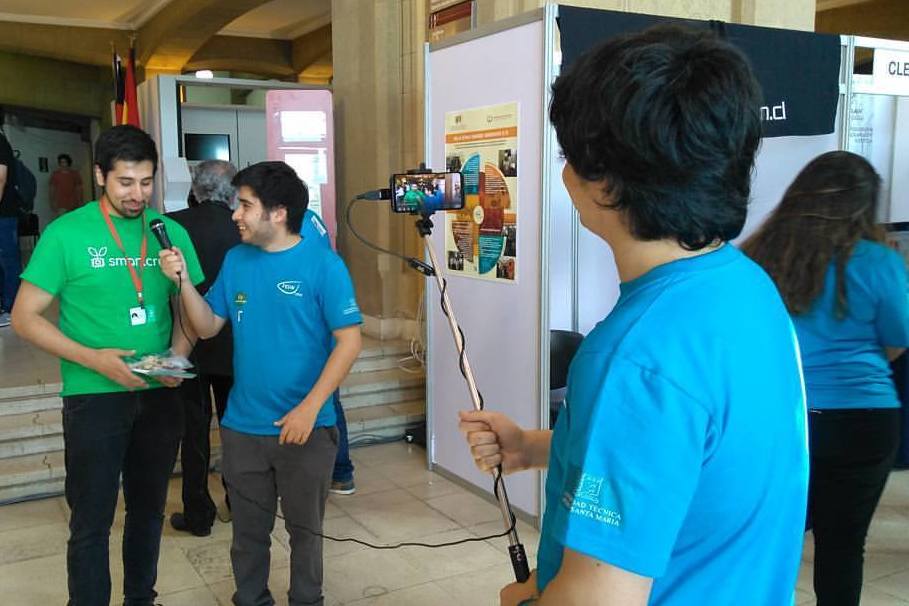 This was a great oportunity to do new things! For example, my team and I created a 'talk show'. Expositors
could talk about their software projects along the event. It was fun!
This was a great oportunity to do new things! For example, my team and I created a 'talk show'. Expositors
could talk about their software projects along the event. It was fun!
Also, during 2013-2015, I was a volunteers’ coordinator at StarsConf. This is one of the most
important conferences in South America that joins UX experts, Programming, Innovation
and Entrepreneurship. On 2017 I participated as a volunteer.
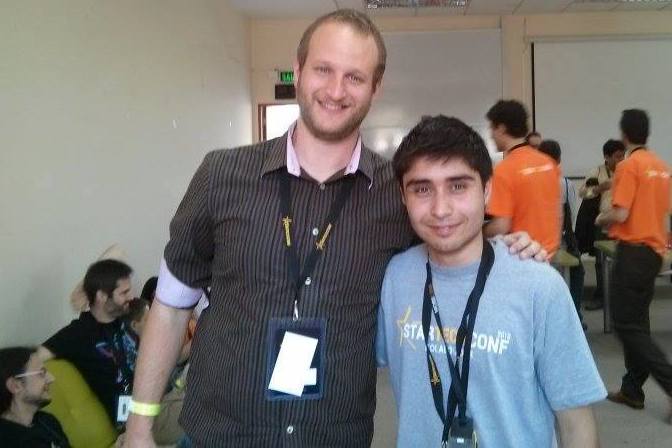 This Conference is great to meet computer science researchers and engineers!
This Conference is great to meet computer science researchers and engineers!


